Ni Chen
Align-Free Multi-Plane Phase Retrieval
Apr 30, 2024Abstract:The multi-plane phase retrieval method provides a budget-friendly and effective way to perform phase imaging, yet it often encounters alignment challenges due to shifts along the optical axis in experiments. Traditional methods, such as employing beamsplitters instead of mechanical stage movements or adjusting focus using tunable light sources, add complexity to the setup required for multi-plane phase retrieval. Attempts to address these issues computationally face difficulties due to the variable impact of diffraction, which renders conventional homography techniques inadequate. In our research, we introduce a novel Adaptive Cascade Calibrated (ACC) strategy for multi-plane phase retrieval that overcomes misalignment issues. This technique detects feature points within the refocused sample space and calculates the transformation matrix for neighboring planes on-the-fly to digitally adjust measurements, facilitating alignment-free multi-plane phase retrieval. This approach not only avoids the need for complex and expensive optical hardware but also simplifies the imaging setup, reducing overall costs. The effectiveness of our method is validated through simulations and real-world optical experiments.
Fast and robust misalignment correction of Fourier ptychographic microscopy
Feb 20, 2018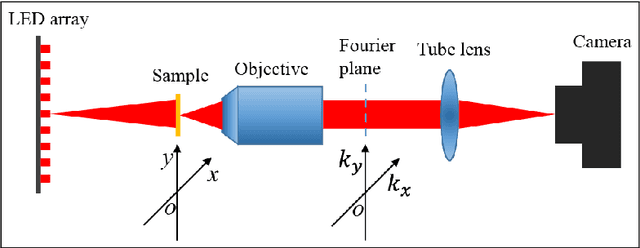
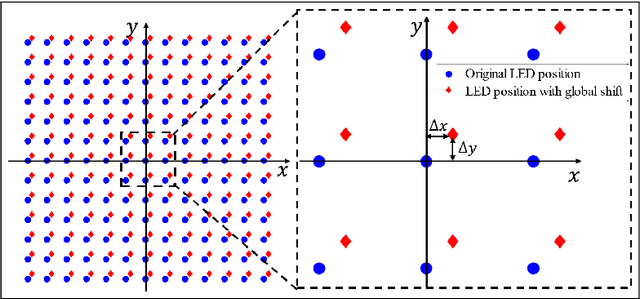

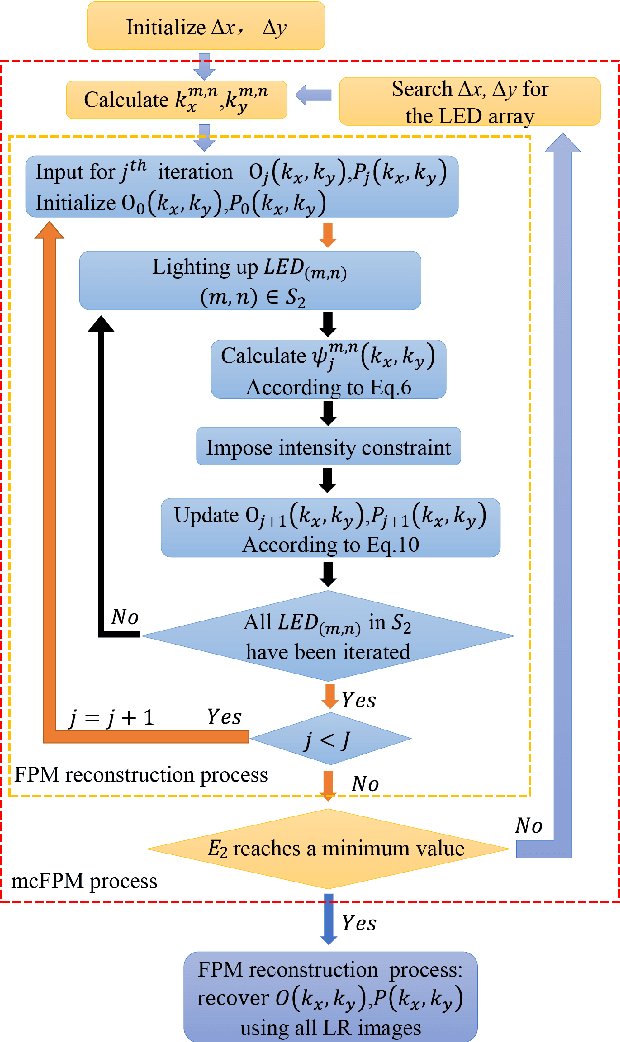
Abstract:Fourier ptychographi cmicroscopy(FPM) is a newly developed computational imaging technique that can provide gigapixel images with both high resolution (HR) and wide field of view (FOV). However, the positional misalignment of the LED array induces a degradation of the reconstruction, especially in the regions away from the optical axis. In this paper, we propose a robust and fast method to correct the LED misalignment of FPM, termed as misalignment correction for FPM (mcFPM). Although different regions in the FOV have different sensitivity to the LED misalignment, the experimental results show that mcFPM is robust to eliminate the degradation in each region. Compared with the state-of-the-art methods, mcFPM is much faster.
Analysis of the noise in back-projection light field acquisition and its optimization
Dec 30, 2016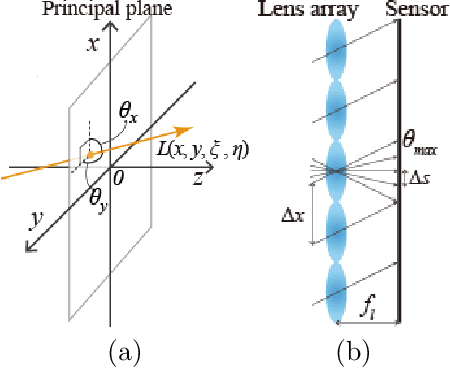
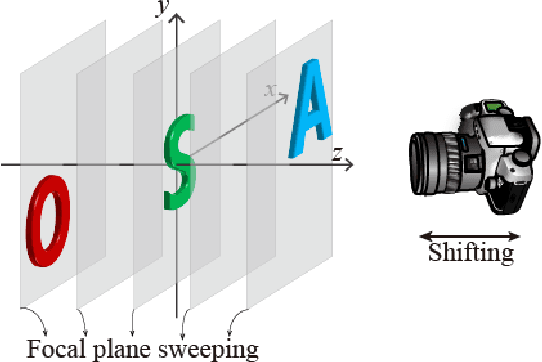
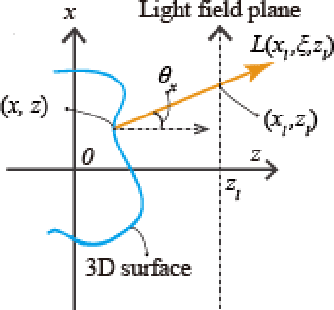
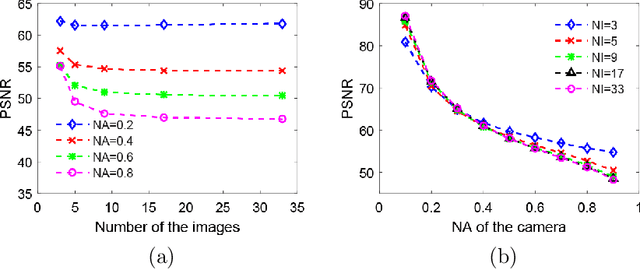
Abstract:Light field reconstruction from images captured by focal plane sweeping can achieve high lateral resolution comparable to the modern camera sensor. This is impossible for the conventional micro-lenslet based light field capture systems. However, the severe defocus noise and the low depth resolution limit its applications. In this paper, we analyze the defocus noise and the depth resolution in the focal plane sweeping based light field reconstruction technique, and propose a method to reduce the defocus noise and improve the depth resolution. Both numerical and experimental results verify the proposed method.
 Add to Chrome
Add to Chrome Add to Firefox
Add to Firefox Add to Edge
Add to Edge